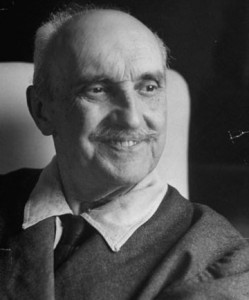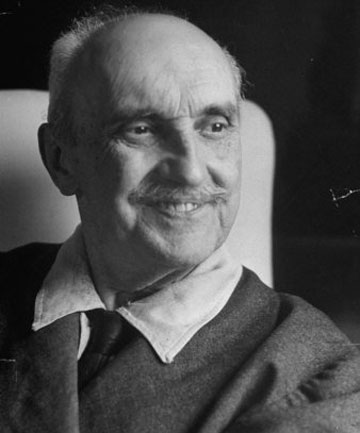 To Mary Williams Winslow
To Mary Williams Winslow
C/o Brown Shipley & Co.
123 Pall Mall, London
Paris, August 23, 1921
What a kind letter this is which I receive from you this morning! I always felt that you and Fred were the best friends I had during these later years in Boston, and there was no house where I was happier and felt more at home, so that all the kind things you say do not surprise me, although they bring a fresh pleasure, and I believe you mean them. It would be a treat to find myself once more in Clarendon Street, and to see the children in the present stage of their existence—because you and Fred, I know, would be just the same; but it is impossible to combine everything as one would wish, and with the years it becomes harder and harder for me to interrupt the routine into which I have fallen.
Robert, like others of the Sturgis tribe, was a very loyal, affectionate, candid soul; he loved whole-heartedly what he felt was good and what appealed to his feelings. Once won over, he spared no pains or trouble, and lived without stint in the life of others. But his misfortune throughout his life was that his perceptions were not equal to his feelings; he irritated people, and that was the reason why he had comparatively few friends, especially among men. I very well remember him as a boy—how pertinacious he was. We had pillow-fights—very unequal contests, as he was twelve and I was three: and as he had been forbidden by our mother—who had a very severe sense of justice—to take away any part of my supper without my consent, he used to put out his tongue and say that, if I liked, I might give him a bite of my omelette; and he did this so persistently, that I sometimes gave him a little—a very little—to get rid of him. He meant this as a lesson in generosity, to teach me to be unselfish; but I am afraid that I was a poor pupil, and that it was only he that learned to distribute his omelette in generous portions to everybody about him. During the last few years he and I have been on better terms than we had ever been on before. He said, after seeing me in 1913 in Paris, that my moral character was much improved; and I too came to appreciate better the value of his strong points, and to rely on his judgement in a way which, I dare say, conciliated him. He was a treasure in the way of taking all earthly cares off my back and that of our sisters, and we have to thank him not only for being relatively well off, but for the sense of being devotedly and untiringly looked after, where we were incompetent. I don’t know what will become of us now; but I rely on the momentum he has given to things, to carry them on more or less smoothly until our own end comes . . .
I have been working very hard all summer on the Soliloquies—which will be my next book—and which are now finished. This leaves the field comparatively clear for the magnum opus; but as I can never reduce myself to one project, I have taken up again an old one, which is to write a novel. It is to be entitled The Last Puritan, and to contain all I know about America, about woman, and about young men. As this last is rather my strong point, I have two heroes, the Puritan and another not too much the other way. To make up, I have no heroine, but a worldly grandmother, a mother—the quintessence of all New England virtues—and various fashionable, High Church, emancipated, European, and sentimental young ladies. I also have a German governess—in love with the hero—of whom I am very proud. I did a good deal on this novel last winter in Toledo, where I was absolutely alone for two months; but I reserve it for slack seasons, and am not at all sure that it will ever be finished, much less published. But if I ever have a respectable fragment in good shape, I will have it type-written and submit it to your private perusal. One of my friends—a widow—tells me she is sure I shall fail in the love scenes. I Sha’n’t, because there won’t be any.
From The Letters of George Santayana: Book Three, 1921-1927. Cambridge, MA: The MIT Press, 2002.
Location of manuscript: The Houghton Library, Harvard University, Cambridge MA.
